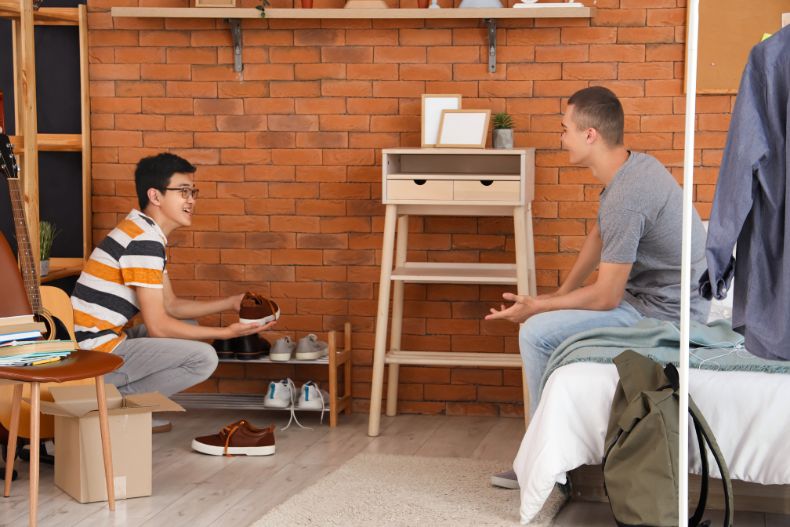Creating a successful study space is crucial for online grad students. It’s not just about finding a quiet corner; it’s about creating an environment that enhances focus, fosters creativity, and sustains motivation. This is particularly important for rigorous programs like a master’s in applied behavior analysis, where intensive study and concentration are essential. Whether you’re a new student or looking to revamp your current space, this guide provides practical tips to help you design an effective and enjoyable study area.
Choose the Right Location
Selecting the right location for your study space is the first step. It should be a place where you can avoid distractions and focus on your studies. If you live in a busy household, consider a room with a door you can close. The ideal location is quiet, well-lit, and comfortable, yet not so comfortable that it tempts you to nap. For those pursuing a masters in applied behavior analysis, for instance, a dedicated space away from household commotion is vital for concentrating on complex topics.
Also, think about what kind of environment makes you most productive. Some people need absolute silence, while others thrive with a little background noise. Test different locations at home to see where you work best. Remember, the right spot can significantly enhance your learning and retention.
Incorporate Nature Elements
Nature elements can significantly boost your mood and productivity. One way to bring nature into your study space is by adding a fake indoor tree. Not only do they require no maintenance, but they also add a touch of greenery that can make your study area more inviting. Research shows that even artificial nature elements can reduce stress and increase focus, which is essential when tackling complex subjects.
Besides fake indoor trees, consider other nature-inspired elements like natural light, landscape paintings, or a small water fountain. These additions can create a serene atmosphere, making long study sessions more bearable and enjoyable.
Invest in Ergonomic Furniture
Comfort is key when it comes to long hours of studying. Investing in ergonomic furniture is not a luxury but a necessity. An ergonomic chair that supports your back and a desk at the right height can prevent strain and fatigue. Remember, physical discomfort can be a significant distraction, and when you’re comfortable, you’re more likely to stay focused and productive.
Additionally, consider the layout of your furniture. Your monitor or reading material should be at eye level to avoid neck strain. The layout should also allow for easy movement, so you don’t feel cramped during your study sessions.

Organize Your Study Materials
Organization is crucial in a study space. Keep your study materials organized and within reach. This includes books, notebooks, stationery, and any electronic devices you use. A clutter-free space not only looks more inviting but also helps in reducing stress and keeping you focused.
Consider using shelves, baskets, or drawers to keep your materials organized. Labeling these storage spaces can also save time and help you quickly find what you need, keeping your study sessions efficient and productive.
Personalize Your Space
Personalization can make your study space more comforting and motivating. This could be as simple as putting up inspirational quotes, displaying photos of loved ones, or adding a few personal mementos. These personal touches can provide motivation and remind you of your goals and why you’re pursuing your degree.
However, be mindful not to overdo it. Too many personal items can become distractions. Striking the right balance is key to creating a space that is both personal and conducive to studying.
Conclusion: Making the Most of Your Study Space
Creating a successful study space is a balance of practicality and personalization. It’s about choosing the right location, incorporating elements that boost productivity, investing in comfort, staying organized, and adding a touch of personalization. For online grad students, this space becomes a sanctuary of learning and growth. By following these tips, you can create a study environment that not only meets your academic needs but also supports your overall well-being, making your journey through your program both enjoyable and successful.












